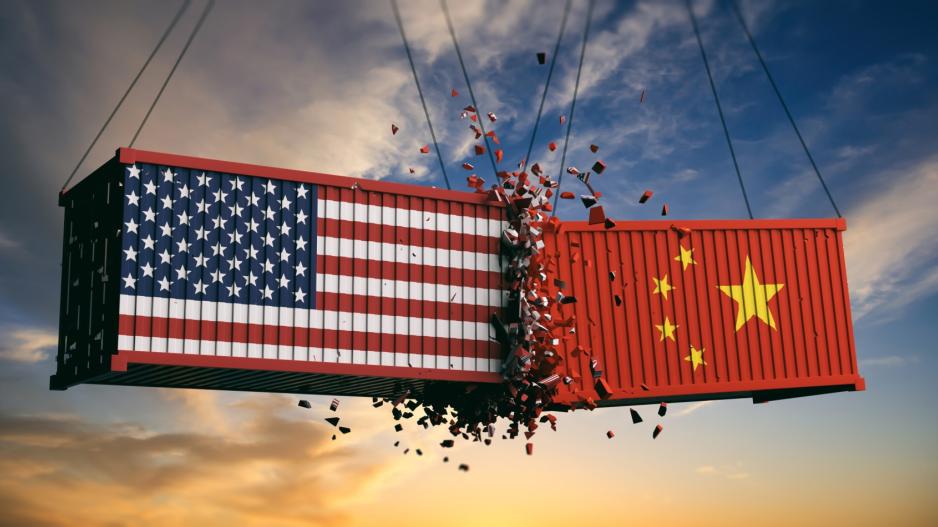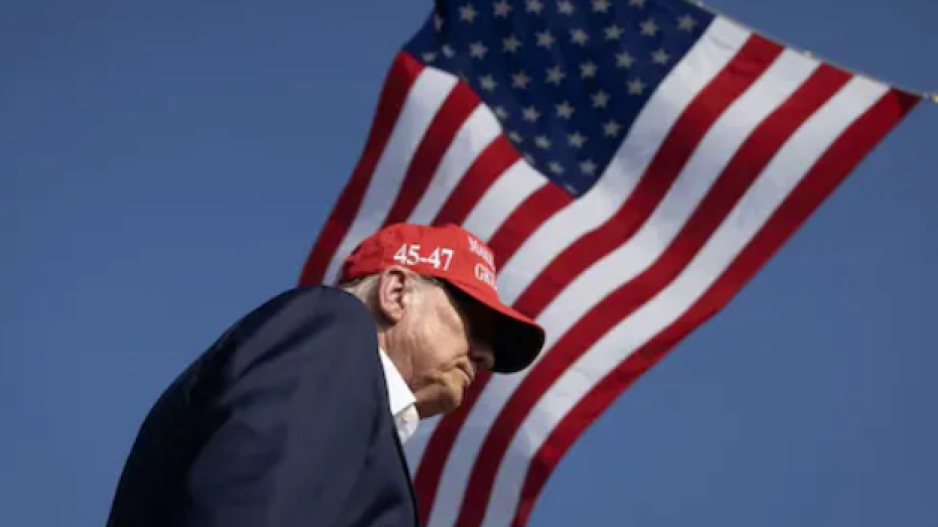Trump's Initial Trade War Targets – Who's Next?
Proposed 25% tariffs threaten economic relations, impact markets, and signal broader trade disputes with Europe and China.
The inauguration of U.S. President Donald Trump has reignited trade war fears, as he confirmed plans to impose 25% tariffs on goods from Canada and Mexico starting February 1. Speaking from the White House, Trump justified the decision as a response to illegal immigration, fentanyl trafficking, and trade imbalances.
During his campaign, Trump vowed to prioritize American interests, a promise reflected in this controversial move. Despite prior agreements protecting trade with these neighboring nations, Trump emphasized that tariffs would bolster U.S. economic growth. "I’m a big believer in tariffs; they make America rich," he stated, arguing that trade deficits with Canada amount to a $100 billion annual subsidy.
Canadian officials quickly denounced the decision. Foreign Minister Mélanie Joly urged unity, while Finance Minister Dominic LeBlanc expressed hope for resolution but underscored preparedness for all scenarios. Mexico and Canada’s currencies weakened against the U.S. dollar following the announcement, signaling anticipated export declines.
Former Canadian Prime Minister Justin Trudeau had earlier lobbied Trump to reconsider, but the effort proved futile. Canadian Vice Prime Minister Chrystia Freeland pledged a balanced approach, avoiding escalation but refusing to back down.

Trade experts warn of severe repercussions for Canada’s economy, particularly in the automotive, oil, gas, and forestry industries. According to economist Gary Hufbauer, Canada’s GDP could shrink by 4%, with retaliatory tariffs offering limited impact on U.S. markets.
American consumers are also expected to bear the burden, facing higher prices for North American-made goods and energy products. Such inflation risks undermining Trump’s campaign promise to reduce costs and curb inflation.
Beyond North America, Trump has hinted at broader tariff increases, potentially up to 60% on Chinese imports and 20% on European goods. The president cited unfair trade practices, alleging that Europe exports significantly more to the U.S. than it imports. Trump also suggested leveraging tariffs to force European nations to purchase American energy products.
The European Union has vowed to defend its interests. EU Economy Commissioner Valdis Dombrovskis warned that trade conflicts would harm all parties, including the United States.






